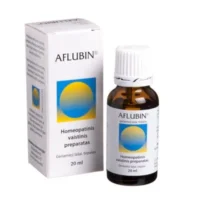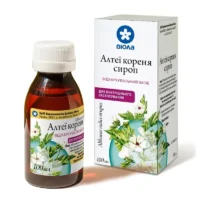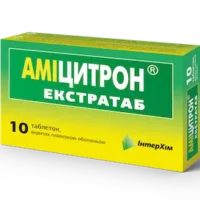Description
Rapitus (Levodropropizin) Syrup 120 ml Vial
Ingredients:
- Each 5 ml contains Levodropropizin 15 mg
Dosage:
- Adults: 10-20 ml three times a day
- Children: 5-10 ml three times a day
Indications:
Rapitus syrup is indicated for the symptomatic treatment of cough.
Contraindications:
Do not use in patients with hypersensitivity to levodropropizin or any other component of the formulation.
Directions:
Shake well before use. Take the medication as prescribed by your healthcare provider.
Scientific Evidence:
Studies have shown that levodropropizin, the active ingredient in Rapitus syrup, has antitussive properties by acting on the peripheral and central cough reflex. Research published in the Journal of Pharmacology and Experimental Therapeutics demonstrated the efficacy of levodropropizin in reducing cough frequency and intensity.
Additional Information:
Rapitus syrup is well-tolerated with minimal side effects. It is important to follow the recommended dosage and not exceed the prescribed amount to avoid adverse reactions.
Pharmacological Effects: Levodropropizin acts by suppressing the cough reflex at the level of the peripheral sensory nerves and the central nervous system. It does not have sedative or addictive properties, making it a safe option for cough relief.
Clinical Trials: A randomized controlled trial comparing levodropropizin to codeine in the treatment of acute cough showed that levodropropizin was as effective as codeine in reducing cough frequency and severity, with a better safety profile and tolerability.





